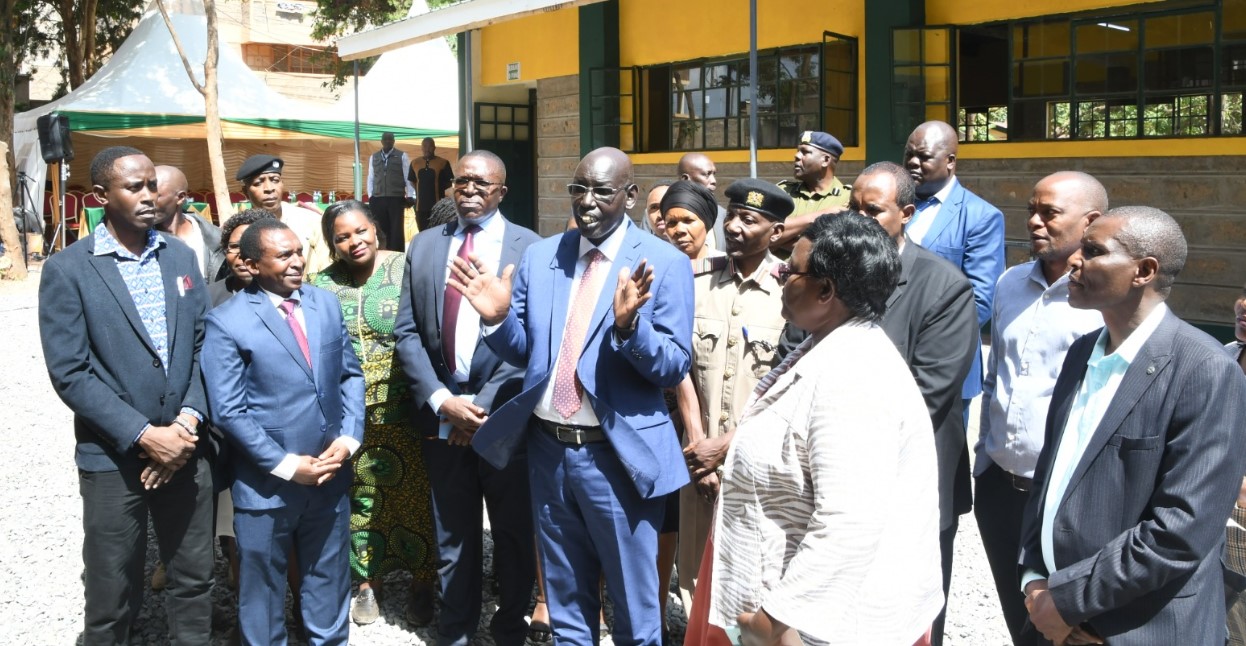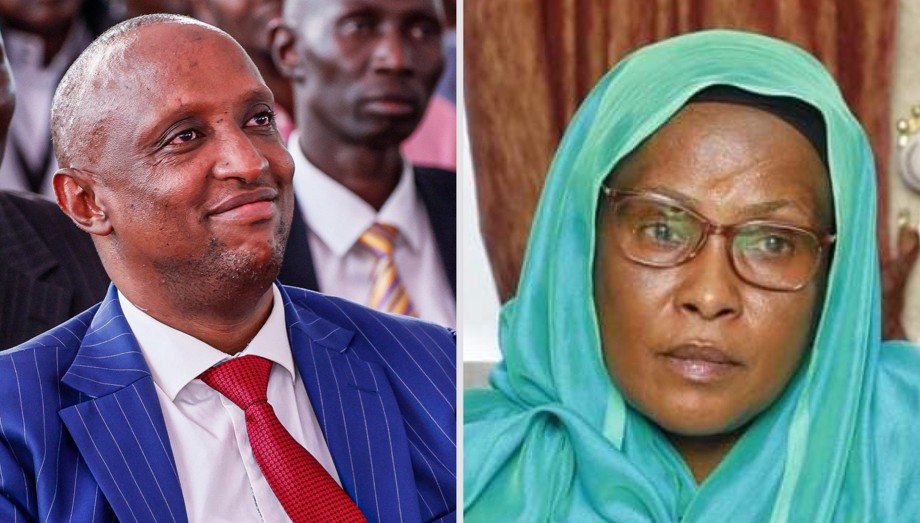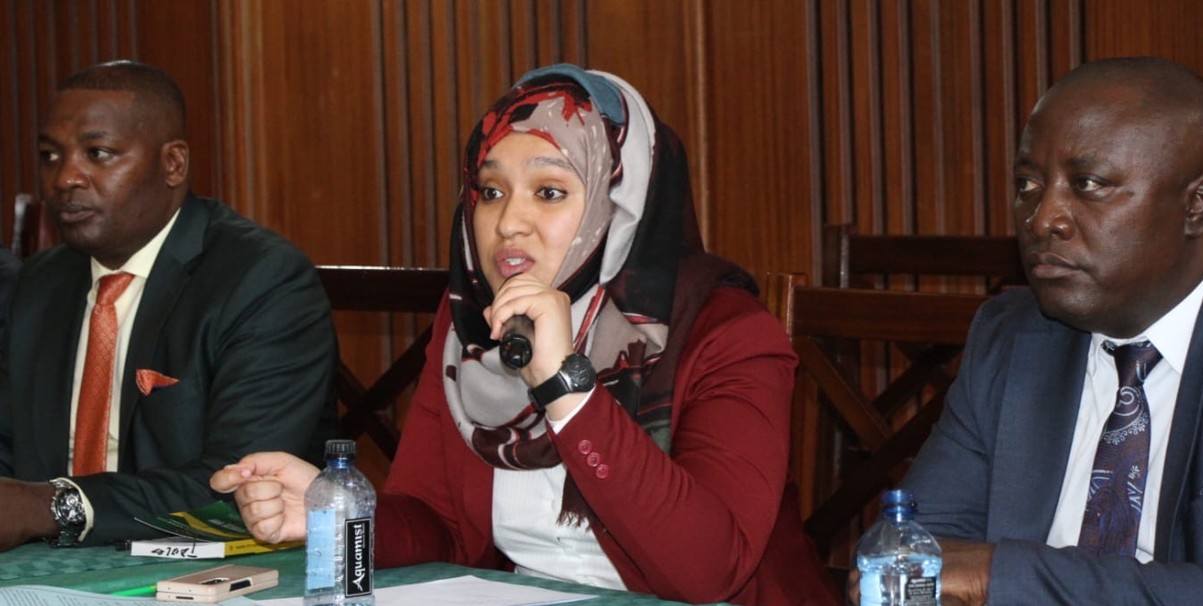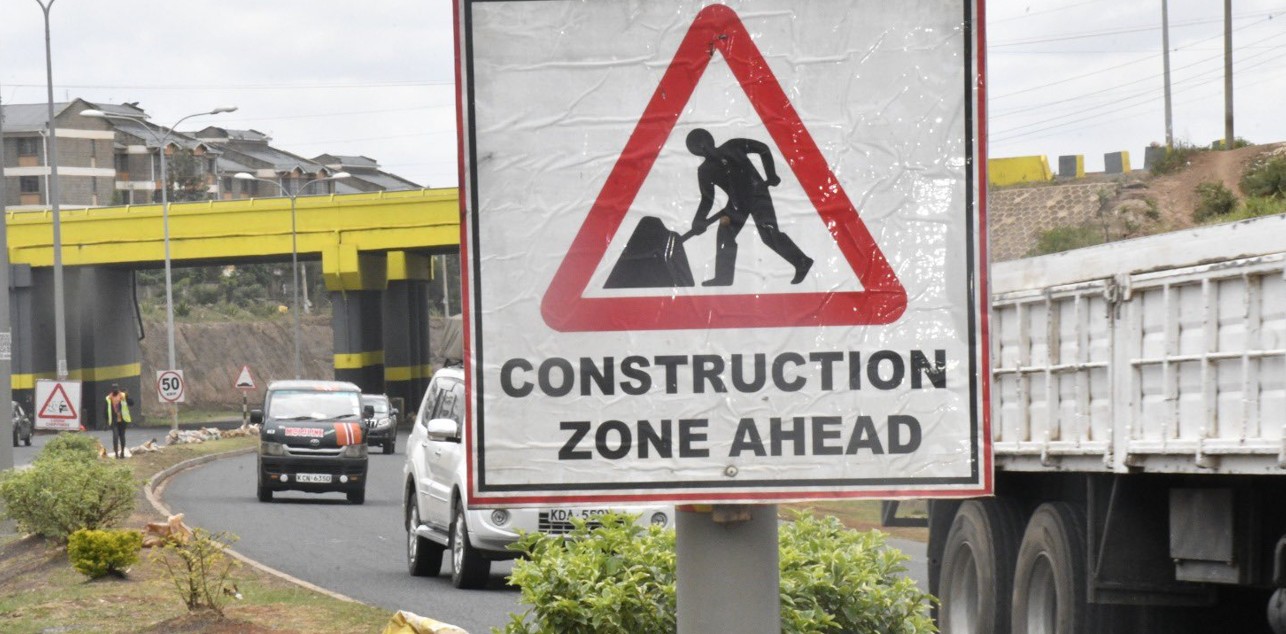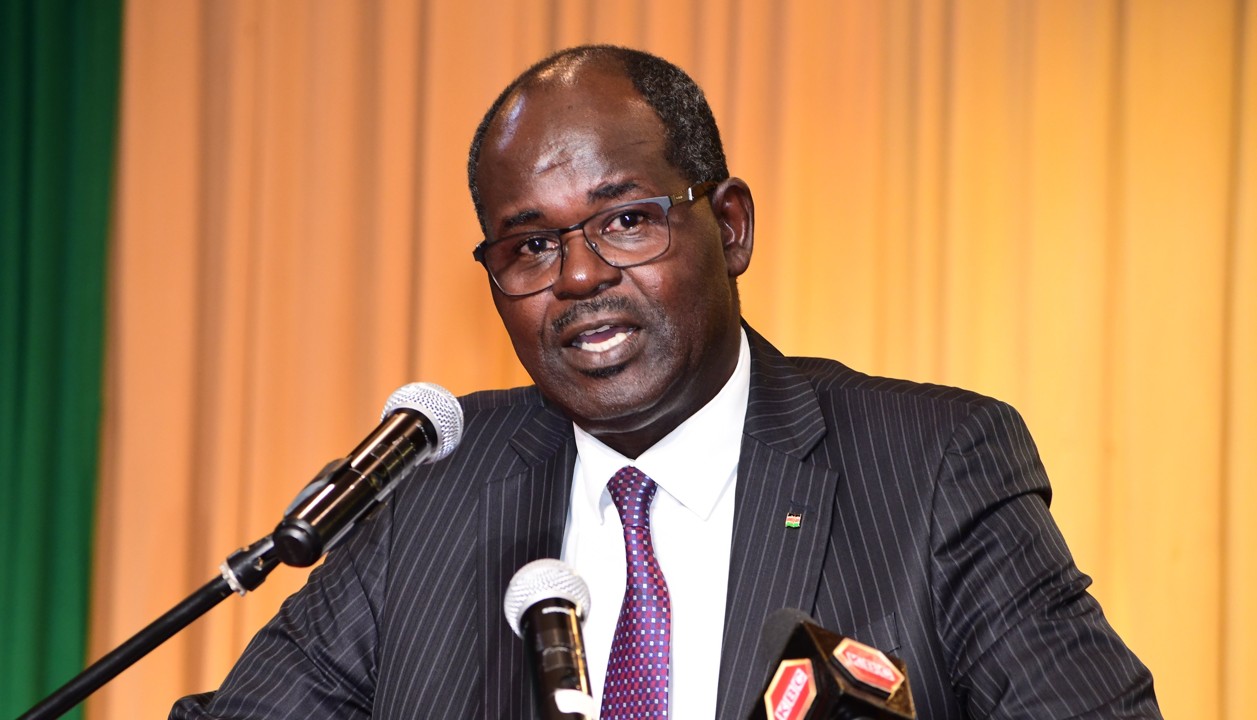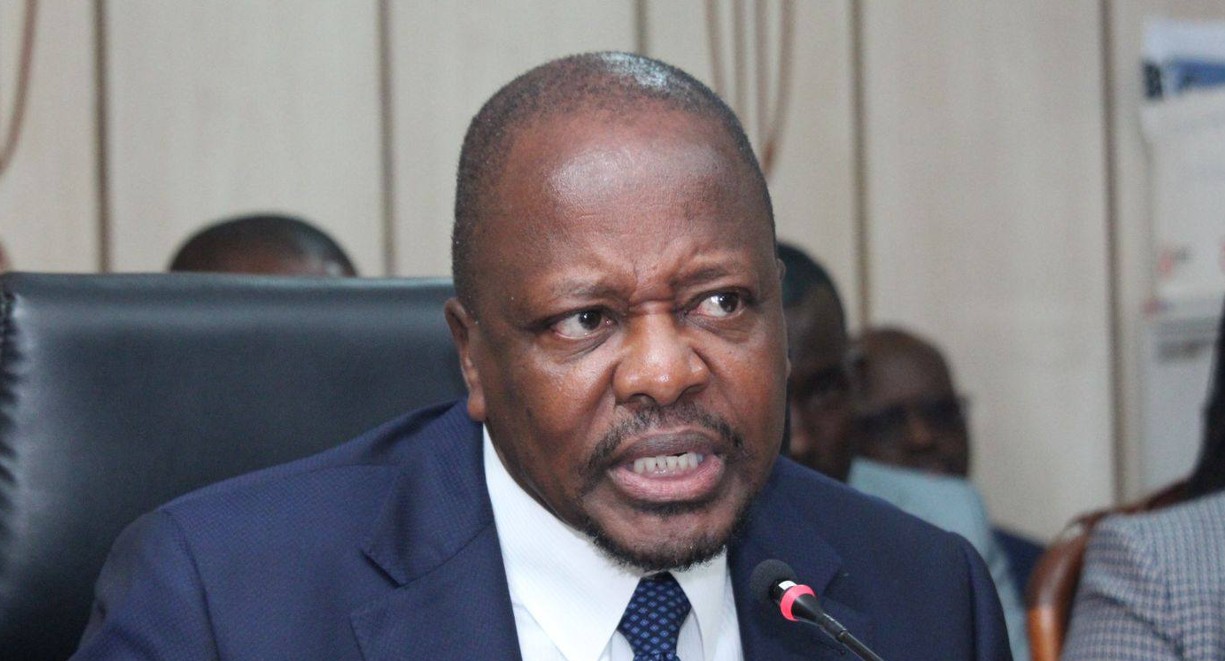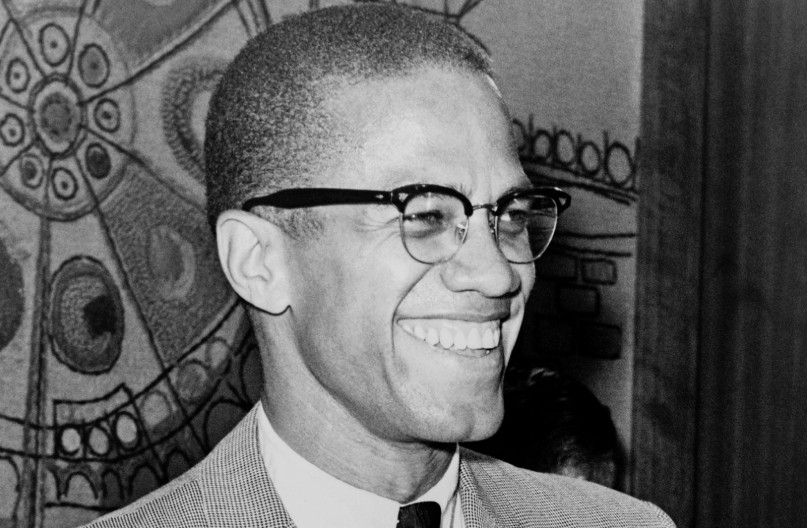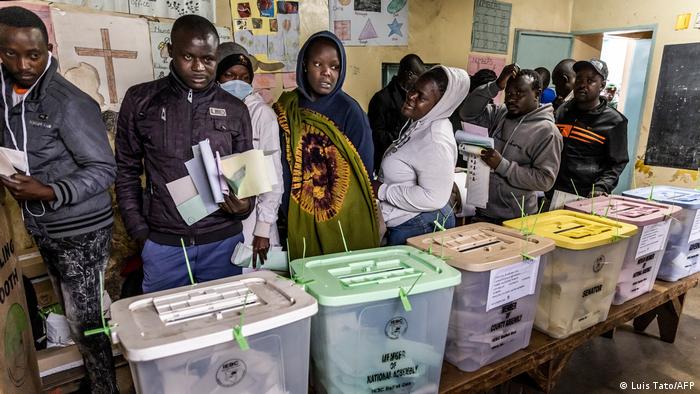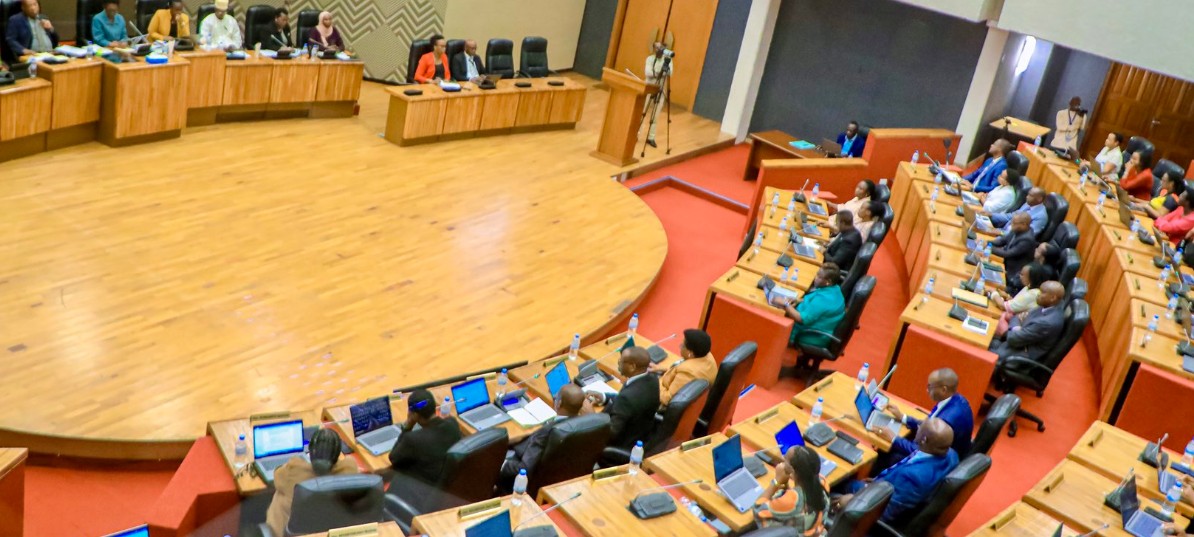Ruto: All Kenyans must be treated equally during ID card issuance
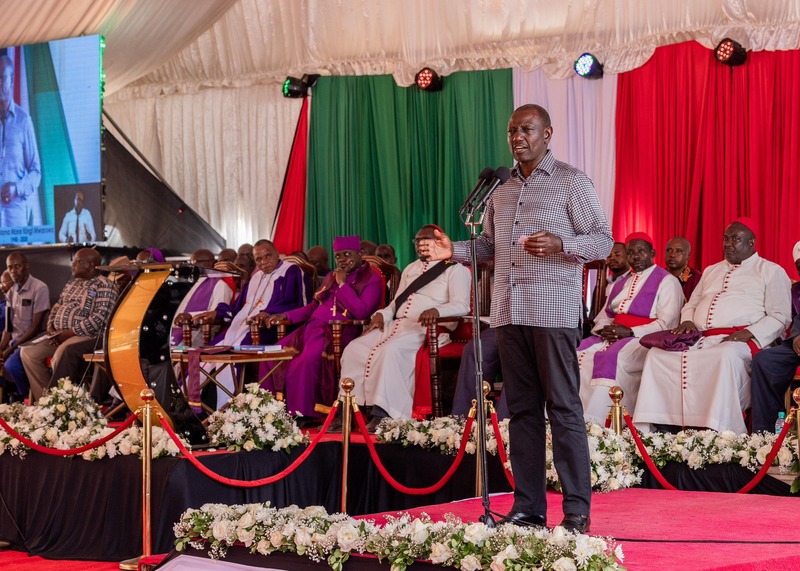
He insisted that all legal procedures would still be followed to ensure only eligible citizens receive identification documents.
President William Ruto has defended his decision to abolish the vetting process for Kenyans seeking national ID cards, saying the move ensures fairness and equality while maintaining legal safeguards.
Speaking in Kilifi during the funeral of Senate Speaker Amason Kingi's father on Friday, Ruto dismissed concerns that the policy change would allow non-Kenyans to acquire IDs.
More To Read
- Church vs State: War of words erupt as Muheria criticises govt’s ‘excessive publicity'
- Kenya halts mediation in South Sudan crisis at Juba’s request
- Ikuje Garre, iteremke Modogashe! What are the facts in Ruto's claimed road project?
- Public officers to personally repay lost funds in anti-graft crackdown
He insisted that all legal procedures would still be followed to ensure only eligible citizens receive identification documents.
"It is not that IDs will be handed out randomly,there is a procedure that must be followed. However, all Kenyans must be treated equally," Ruto explained.
"We cannot have two sets of laws for Kenyans. All Kenyans are equal and must be treated the same way," he added.
His remarks came after a weeklong tour of north-eastern Kenya early this month, where he announced an end to the vetting process for ID applicants in the region.
The decision was widely welcomed by groups that have long faced challenges obtaining IDs, including Kenyan communities of Asian, Arab, and Nubian descent.
The government also reduced the processing time for ID cards in border counties to 21 days.
However, the announcement sparked a heated political debate. Critics argue that removing vetting could allow non-citizens to obtain IDs, while some leaders claim the move is politically motivated.
Opposition leader Kalonzo Musyoka dismissed Ruto's directive as an attempt to manipulate voter registration ahead of the 2027 elections.
He accused the president of seeking political support in opposition strongholds by granting easy access to IDs.
"Even if they are given those ID cards, they will rebel against Ruto.Ruto's plan to increase votes and rig the 2027 poll will fail," Kalonzo said.
The Orange Democratic Movement (ODM), led by interim party leader Anyang' Nyong'o, also opposed the move, calling it unconstitutional and directing party lawmakers to challenge it in Parliament.
President Ruto, however, pushed back against the criticism, stating that his administration is committed to fairness.
"Regarding vetting, no Kenyan should be asked different questions from those asked of other citizens when applying for an ID. All Kenyans must be treated equally," he said.
The president reiterated that scrapping vetting was part of his campaign promise to end discrimination in government processes.
"We will work together to ensure equity in this country. Some people may be unhappy because we are advocating for fairness, and to them, I say pole (sorry), but we will continue to pursue equity," Ruto added.
The vetting policy had been in place since the 1960s, introduced after the Shifta War (1963–1967), when ethnic Somalis in northern Kenya sought to secede and join Somalia.
The requirement had long been criticised for disproportionately affecting certain communities.
Despite the backlash, the President insists that fairness must prevail and that all citizens should have equal access to identification documents without unnecessary barriers.
Top Stories Today
